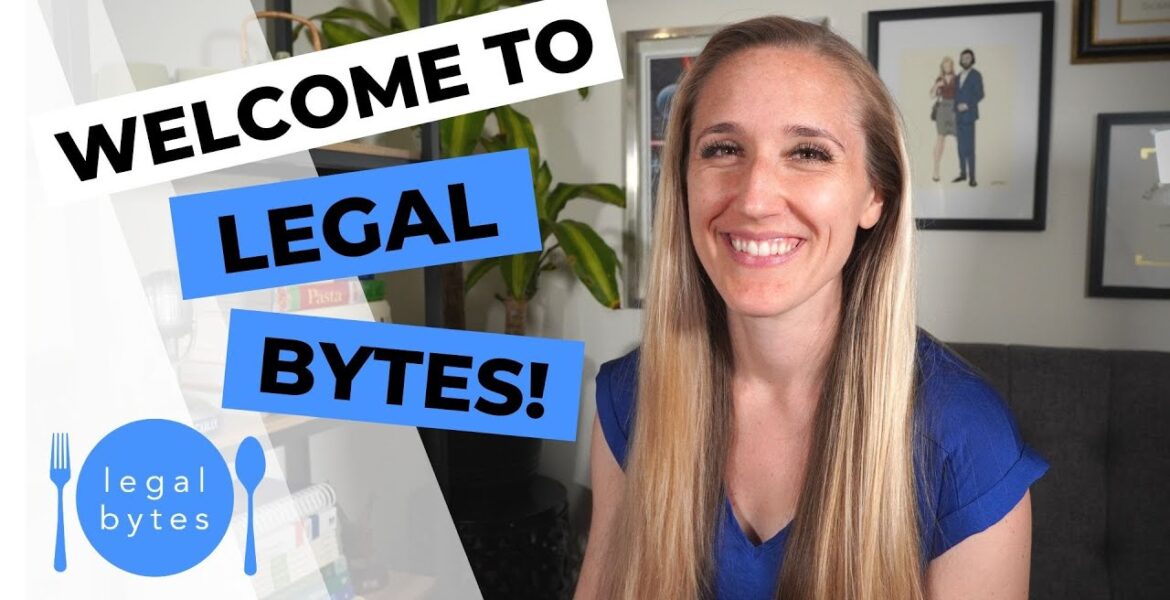As a leader, you need to be willing to let your team members grow. As an employee, you need to make yourself coachable. Watching the Depp Heard trial on Legalbytes partly inspired this
For six weeks, I have been unashamedly addicted to the Depp Heard trial, watching live court proceedings daily.
I watched through a YouTube channel called Legalbytes where every day a panel of lawyers, doctors and psychologists would watch and discuss the court case. By ‘sitting’ with these professionals, listening to their conversations and hearing their answers to chatroom questions, I learned an incredible amount about the US legal system and forensic psychology.
As I got more into the trial, with my increased level of understanding of the proceedings, I started to notice the way the lawyers were asking questions. I realised that the job of the interrogating lawyer is to ask a set of questions around an incident with the aim of achieving a goal but without providing them with the answer. The more I watched, the more I saw similarities between good witness interrogation and good coaching.
Coaching is a frequently misunderstood activity. Many people conflate coaching with mentoring, understanding them to be the same. But, although the intended outcomes and nature of the relationship are similar, they are in fact quite different.
The word mentor is Greek, meaning “wise adviser, intimate friend who is also a sage counsellor”. The first usage of the word comes from Greek mythology where Prince Odysseus, before setting off on a long and dangerous journey, hands his baby son to an old, trusted friend called Mentor with the request that he teach him “everything he knows”.
And there, in this story, you have the root and heart of mentoring – the sharing of your knowledge to benefit another. When I was hanging out with the Legalbytes panel, I was benefiting from their knowledge, their expertise, their insight, and their advice. I was being mentored.
But that is not coaching.
The key premise of coaching is that we all have potential, lying dormant within us, to reach levels of greatness that we have not been able to access by ourselves. This may be due to lack of clarity, motivation, direction, confidence, optimism or a host of other human conditions.
The job of a coach is to believe in their client and to help them to dig beneath the surface to uncover those personal blockages that are holding them back from achieving their ambitions. Through unconditional positive regard, a genuinely safe space for exploration, and warm support, the coach can guide and champion their client to achieve their goals.
Venus Williams’s coach, Eric Hechtman, has stated: “Being a great athlete often starts with being coachable.” Being coachable is an athlete who listens and is always seeking ways to improve; accepting feedback, being open to positive criticism and being process-driven.
So what does all of this mean for you as a business leader or employee who wants to progress and attain your personal and professional dreams?
As a leader who wants to develop coaching skills, you need to: consider how you are with your team (do you truly believe in them, have their best interests at heart, recognise their potential?); develop your communication skills, particularly around listening, questioning, and giving and receiving feedback; and be prepared to invest your time in working through issues with your team members, genuinely seeking and listening to their ideas and solutions, being prepared to let them try things and fail and learn from these experiences, rather than simply directing and instructing and providing answers. You need to be willing to let your team members grow.
As an employee, you need to make yourself coachable. You need to be open to feedback, not just passively, but to actively seek it and to ask for it. And once you’ve been given it, you should be open to reflecting on it and learning from it so that you have a real opportunity to improve. You need to be willing to take risks and fail. You need to be prepared to take on additional responsibilities, not just for your work but also your own growth and development. The potential is yours – don’t waste it.
If you would like to find out more about how to incorporate coaching into your leadership and create a real coaching culture across your organisation, please feel free to reach out to me at celia@positiveperformance.co.bw

